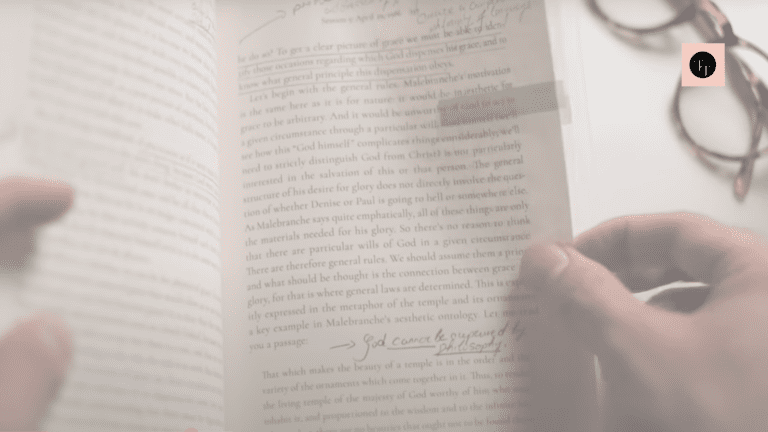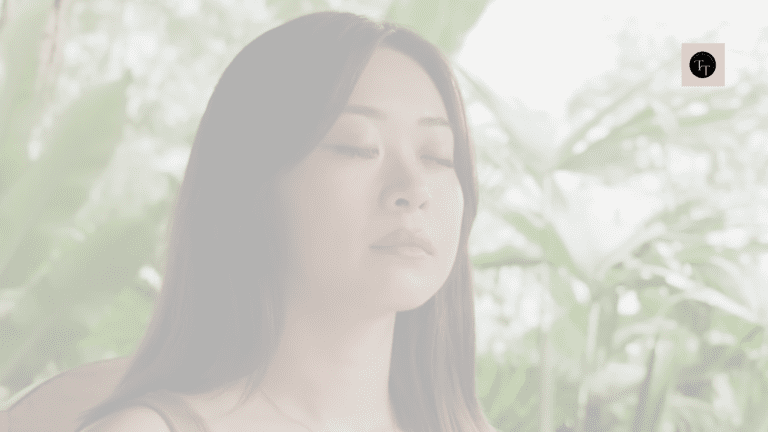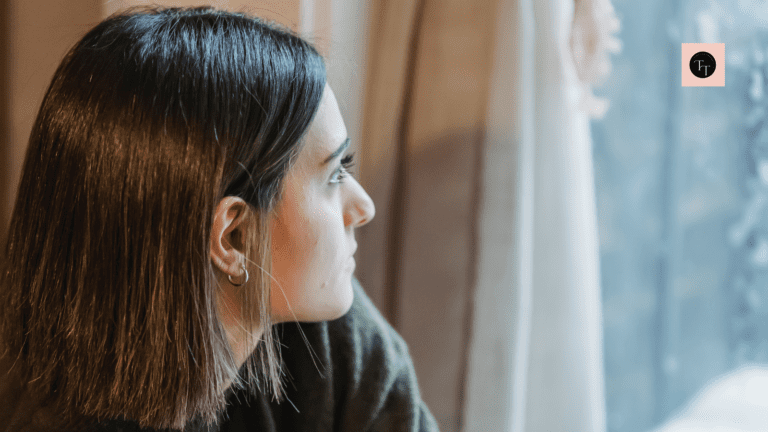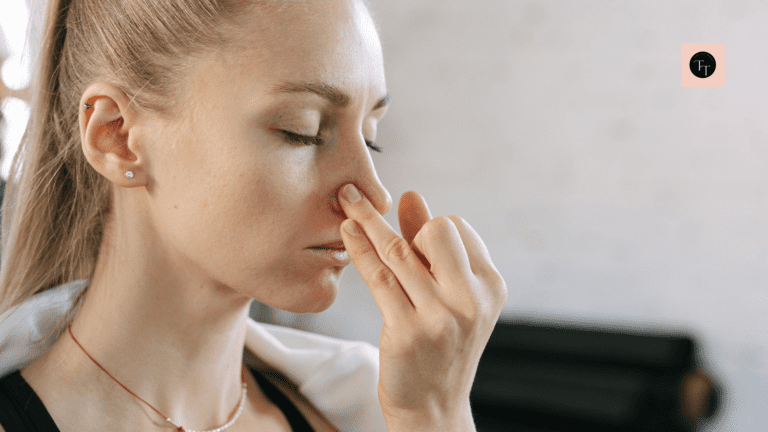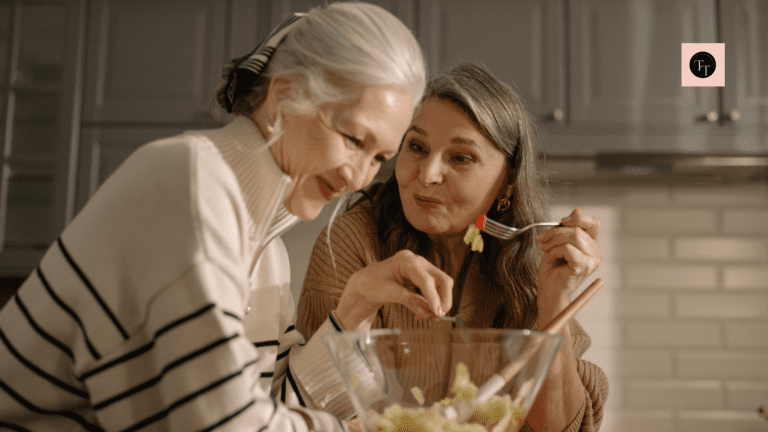Present Moment Awareness Will Free You as You Age!
As you face retirement and the prospect of living alone, a mix of emotions may arise: relief, fear, loneliness, and uncertainty.
You might embrace newfound freedom, yet also grieve past roles and relationships. It’s a tender time for reflection and renewal.
But instead of fearing embrace this phase of your life as a gift—a time to slow down, reflect, and deepen your connection with yourself.
With Mindfulness and Present Moment Awareness, you can develop self-awareness, find peace, and embark on the path of self-discovery.
As the spiritual teacher Thich Nhat Hanh once said, “The present moment is filled with joy and happiness. If you are attentive, you will see it.”
Rejoice at discovering new joys and awaken your inner power to write the golden chapter of your life. Present Moment Awareness frees you from regrets of the past and anxiety about the future.
In this blog post, I’ll share practical steps to cultivate Present Moment Awareness, how mindfulness can support graceful aging, and tips on embarking on your journey of self-discovery.
Check out this video-style podcast on this article.
What is Present Moment Awareness?
At its core, Present Moment Awareness is about being fully awake and engaged with what is happening right here, right now.
As life changes with age, it’s easy to get caught up in past regrets or future worries. But mindfulness encourages you to focus on the present moment—right here, right now—bringing inner peace and mental clarity.
You don’t need a special space or time to practice mindfulness. Present Moment Awareness is as simple as noticing the sun’s warmth, the sound of distant bells, or the rhythm of your breath.
Mindfulness has been proven to reduce anxiety, improve emotional well-being, and boost overall life satisfaction—benefits that become even more important as we age.
Life in senior years is challenging, but you can find calm amidst uncertainty through Present Moment Awareness.
As Eckhart Tolle, author of The Power of Now, wisely said, “Realize deeply that the present moment is all you ever have.”
Mindfulness isn’t about fixing the past or fearing the future. It’s about living fully in the moment, appreciating life’s small joys, and finding peace in the now.
Why Mindfulness is Key to Graceful Aging
As you grow older, life brings both wisdom and challenges. Your body changes, your routine slows, and your thoughts may drift to past regrets or future worries.
Mindfulness, or Present Moment Awareness, can be your greatest ally during this phase. It helps you stay grounded in the present, not pulled between what has been and what might be.
1. Accepting Physical and Mental Changes
Physical and mental changes are an intrinsic part of aging, yet they can feel unsettling—aches, pains, or moments of forgetfulness.
Mindfulness teaches you to notice these changes without judging them as “good” or “bad.” Instead of resisting, you can learn to accept these transitions with kindness and patience.
This gentle acceptance brings peace and ease, allowing you to flow with life rather than fight against it.
2. Easing Loneliness and Anxiety
Living alone, as you age, can sometimes bring feelings of loneliness. The house may be quieter, and the evenings can feel long.
Remember living alone does not automatically imply being lonely. You can be alone and happy. Mindfulness helps you find comfort in solitude, making each moment rich with life. Simple acts like brewing tea or taking a walk become sources of joy.
Mindfulness also eases anxiety about the future, reminding you that the present is all you have.
3. Finding a New Purpose
Aging can sometimes make you feel like your best years are behind you, but mindfulness helps shift that perspective.
It opens you to new possibilities—reconnecting with hobbies, nurturing relationships, or learning something new. By staying curious and open, each day becomes an opportunity for fresh joys and passions.
Simple Steps to Practice Present Moment Awareness
Understanding mindfulness is one thing, but practicing it is where real change happens.
You don’t need to meditate for hours or drastically change your routine. By starting small, you can easily bring mindfulness into your daily life.
Here are some simple steps to help you get started:
1. Mindful Breathing
Your breath is a natural way to stay grounded. Mindful breathing can bring you back to the present moment, whenever you feel overwhelmed or your mind is racing.
You can do it anytime, anywhere—sitting in a chair, standing, or lying on your bed.
Here’s a simple exercise:
- Sit or lie down in a quiet place.
- Close your eyes and take a deep breath. Inhale through your nose, feeling the air fill your lungs.
- Slowly exhale through your mouth, releasing all the air.
- Focus on your breath, noticing the sensation as it enters and leaves your body.
- If your mind wanders, gently bring your attention back to your breath.
Just five minutes of mindful breathing each day can help you feel calmer and more centered.
2. Body Scan Meditation
Aging often brings more awareness of physical changes. Instead of feeling frustrated by these changes, body scan meditation helps you tune into your body with kindness and gratitude.
To practice:
- Sit or lie down comfortably.
- Start by focusing on your toes, noticing how they feel without judgment.
- Slowly move your attention up your body—feet, legs, hips, torso, arms, head—observing each part.
- Breathe into any areas of tension, allowing yourself to feel whatever is present.
This practice teaches you to be kind and patient with your body.
3. Mindful Walking
You don’t need a special setting to practice mindful walking meditation. It can be done anywhere, outside or indoors. You only need to ensure, you will not be disturbed so you can connect with your body and surroundings.
Here’s how to do it:
- Focus on the sensation of each step, feeling your feet touch the ground.
- Notice your environment—sounds, sights, smells—like the rustling of leaves or the breeze on your skin.
- Stay present with each step.
- If your mind wanders, gently return to the sensation of each step.
Even a short stroll can become a peaceful, meditative experience.
4. Gratitude Practice
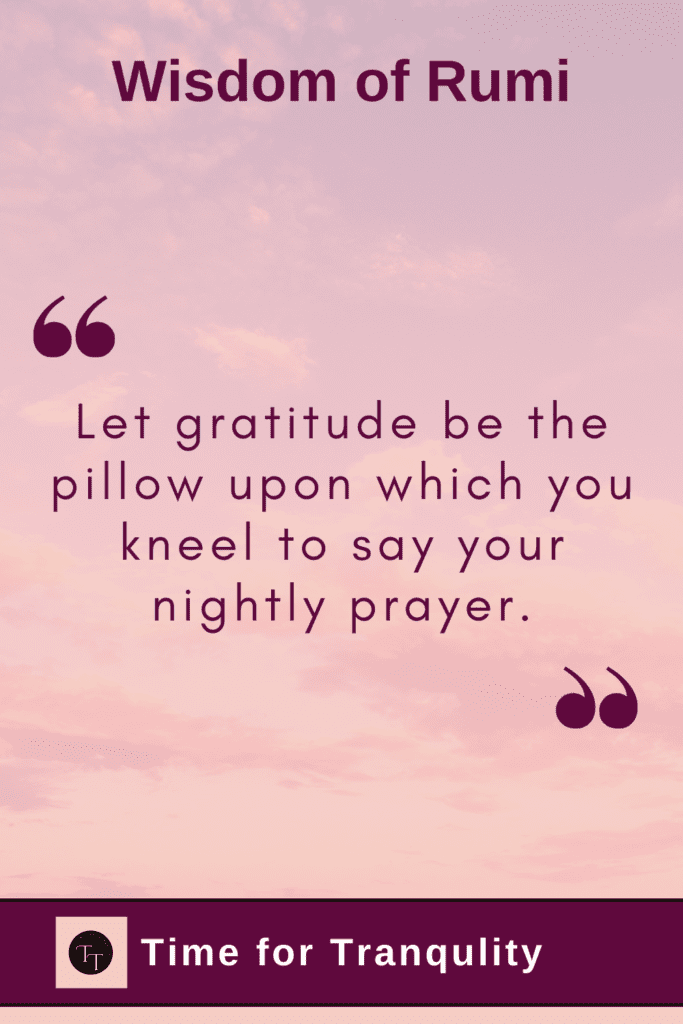
Gratitude shifts your focus from what’s missing to what’s abundant in your life. This small practice brings more joy and contentment into your day.
To start:
- Reflect on your day and write down three things you’re grateful for before you sleep.
- These don’t need to be big—something as simple as enjoying a cup of tea or watching the sunset is enough.
- Let yourself feel the warmth of gratitude and appreciate the beauty in those moments.
By regularly practicing gratitude, you’ll notice more joy throughout your day.
These simple mindfulness practices can transform your life. You don’t need to do them all at once.
Start with one and gradually build from there, allowing Present Moment Awareness to bring more peace and calm into your daily routine.
Embrace Imperfection: Focus on Progress, Not Perfection
Mindfulness isn’t about being perfect or always calm. It’s about being present, even when life feels chaotic. Some days your mind will be clear, and on other days it may wander—and that’s perfectly fine.
Like aging, mindfulness is a journey, with ups and downs, along the way.
1. Progress Over Perfection
Don’t expect perfection in mindfulness. It’s normal for your mind to feel scattered at times. Instead of getting frustrated, practice kindness toward yourself. Some days are harder than others, but each day brings growth.
2. Self-Compassion in Aging
Mindfulness teaches you to accept changes in your body and mind with grace. To find peace, accept where you are, while pursuing improvement.
Mindfulness is not about eliminating distractions or negative feelings—it’s about learning to observe them without judgment.
By focusing on progress, not perfection, you’ll discover more acceptance and joy in each moment.
In Conclusion
As you move into this new chapter of life, remember that mindfulness is here to guide you gently. Each mindful breath and step brings you closer to living with more peace and presence.
Aging is a new phase, filled with opportunities to connect deeply with yourself and the world. Live life one moment at a time, with patience and self-compassion.

